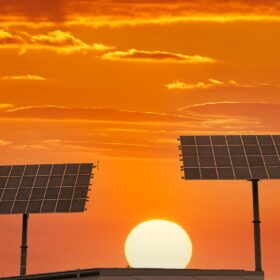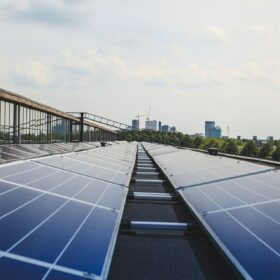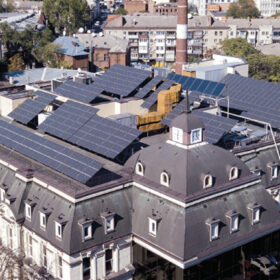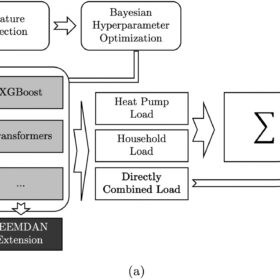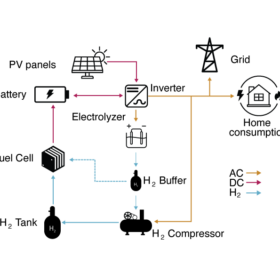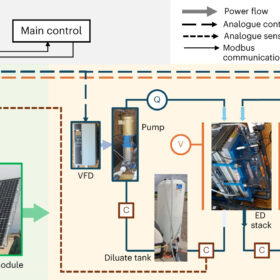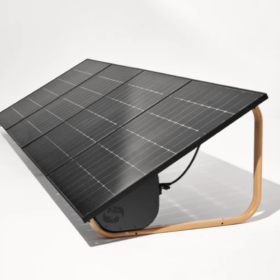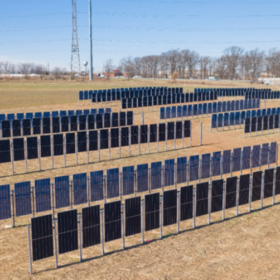Funding round opens for off-grid solar across West Africa
The Economic Community of West African States (ECOWAS) is offering grants from $10,000 to $250,000 in the second funding round of the Regional Off-Grid Electricity Access Project (ROGEAP) to develop off-grid solar in 13 West African and sub-Saharan African countries. The application deadline is June 23.
Ireland opens fixed tariff scheme for small-scale solar projects
The second phase of Ireland’s Small-Scale Renewable Electricity Support Scheme (SRESS) is aimed at local communities and small- and medium-sized enterprises that produce their own electricity.
Coalitional game theory to improve P2P trading in energy communities
An international research group has utilized a newly designed coalitional game system to ensure economic fairness between members of energy communities. The game system considers different types of prosumers relying on stand-alone and combinations of solar and storage.
Researchers propose new models for heat pump load forecasting in energy communities
Novel research from Germany and the USA has analyzed the impact of heat pump (HP) integration on the ability of day-ahead load forecasting in energy communities. Using different models, the scientists have also investigated whether HP loads should be forecasted separately from the rest of the household or both together.
New model shows how to power homes exclusively with hydrogen, solar, batteries
Researchers in Spain has found that combining PV power generation with fuel cells and battery storage may help homes considerably reduce their levelized cost of energy. Their simulation reportedly demonstrated homes may also become completely self-sufficient.
Novel PV-driven desalination tech achieves lower levelized cost of water
Scientists led by the Massachusetts Institute of Technology (MIT) have designed a new PV-powered desalination system based on the time-variant electrodialysis reversal (EDR) technology. The proposed system reportedly achieves lower levelized cost of water than conventional solar-powered desalination techs.
DualSun launches foldable plug-and-play solar kits
France’s DualSun has developed foldable plug-and-play solar kits with a power range of 420 W to 1.68 kW.
Croatia launches auctions for 607 MW of solar, wind, hydro
The Croatian Energy Market Operator (HROTE) has announced a much-anticipated, €257.2 million ($273.5 million) round of renewable energy auctions. It has allocated the biggest quota of 450 MW for solar projects and has set a deadline to award the subsidies by year’s end.
Vertical agrivoltaics for forage crops, animal grazing
US-based Sunstall has deployed a vertical agrivoltaic facility based on its racking solution in the United States. The system features 18 rows of 21 panels and has a total capacity of 170 kW.
Feasibility study assesses PV plants for Ukrainian hospitals, water facilities
A new study by the United Nations Development Programme in Ukraine assesses the feasibility of 37 solar projects proposed at hospitals and water supply facilities in 18 Ukrainian cities. It shows the potential to generate around 16 million kWh of clean energy if fully implemented, ensuring uninterrupted power supply.
